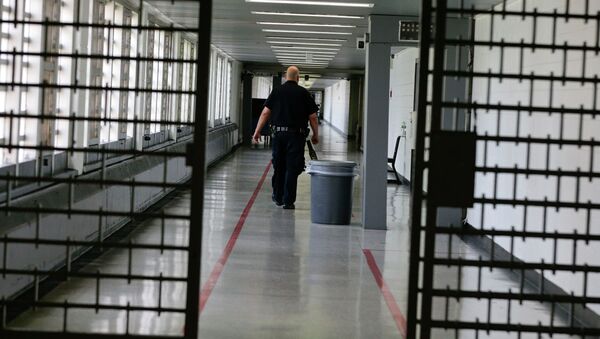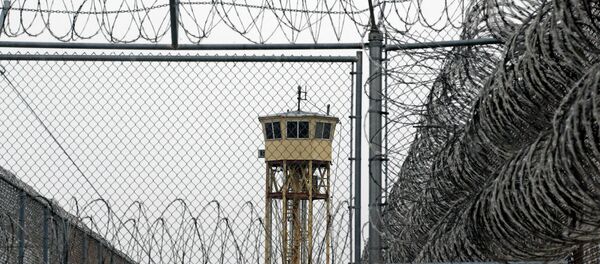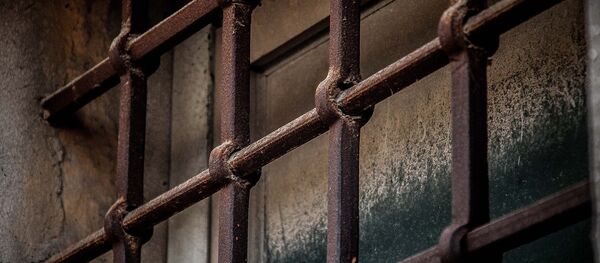The interview came after a new report by Department of Justice's Office of the Inspector General revealed that private prisons in the United States are less secure than those run by the state, both for the inmates and for guards.
"It's because the aim of contract prisons is to make a profit, which is the whole reason for the existence of such prisons. And the only way possible to generate profit in the prison system is to cut back drastically on essential services and core functions the prisons are supposed to provide, including security and medical care," Winter said.
She also drew attention to the fact that the report by the Department of Justice's Office of the Inspector General was conspicuously released several months ahead of the presidential elections in the US.
"The report shed more light on what happens inside private prisons, which can be seen as an enormous industry [playing a] major part in driving prison overpopulation in the United States, something that remains a big issue on the agenda of the US general elections campaign," she noted.
The report's authors compared surveys on eight types of incidents within 14 contract prisons as well as 14 state-run detention centers. The categories varied from contraband to inmate discipline.
SenSanders: It’s time to end the morally repugnant private prison racket, and along with it, the era of mass incarceration.
— Left Side Story (@leftsidestoryUS) 13 августа 2016 г.
Contract prisons showed better oversight only in terms of drug tests and sexual misconduct.
"With the exception of fewer incidents of positive drug tests and sexual misconduct, the contract prisons had more incidents per capita than the BOP [Federal Bureau of Prisons] institutions in all of the other categories of data we examined," according to the report.
There is no logical reason to construct more prisons in the US unless you're a wealthy investor in the private prison industry.
— (((Dan J))) (@RelUnrelated) 10 августа 2016 г.
Furthermore, the report also revealed a range of abuses against inmates in private prisons, such as keeping them in Special Housing Units (SHU) when there's not enough place in the main block.
According to the authors, at two of the three prisons they visited, they "learned that all newly received inmates were housed in the SHU due to lack of available bed space in general population housing units."
Additionally, the report pointed out that one facility also lacked a doctor on staff for a full eight months, and there was no dentist on staff for six weeks, stopping inmates' access to "basic healthcare."
CORRECTION: In an earlier version of this article Margaret Winter was misidentified as the Associate Director of the ACLU National Prison Project.




